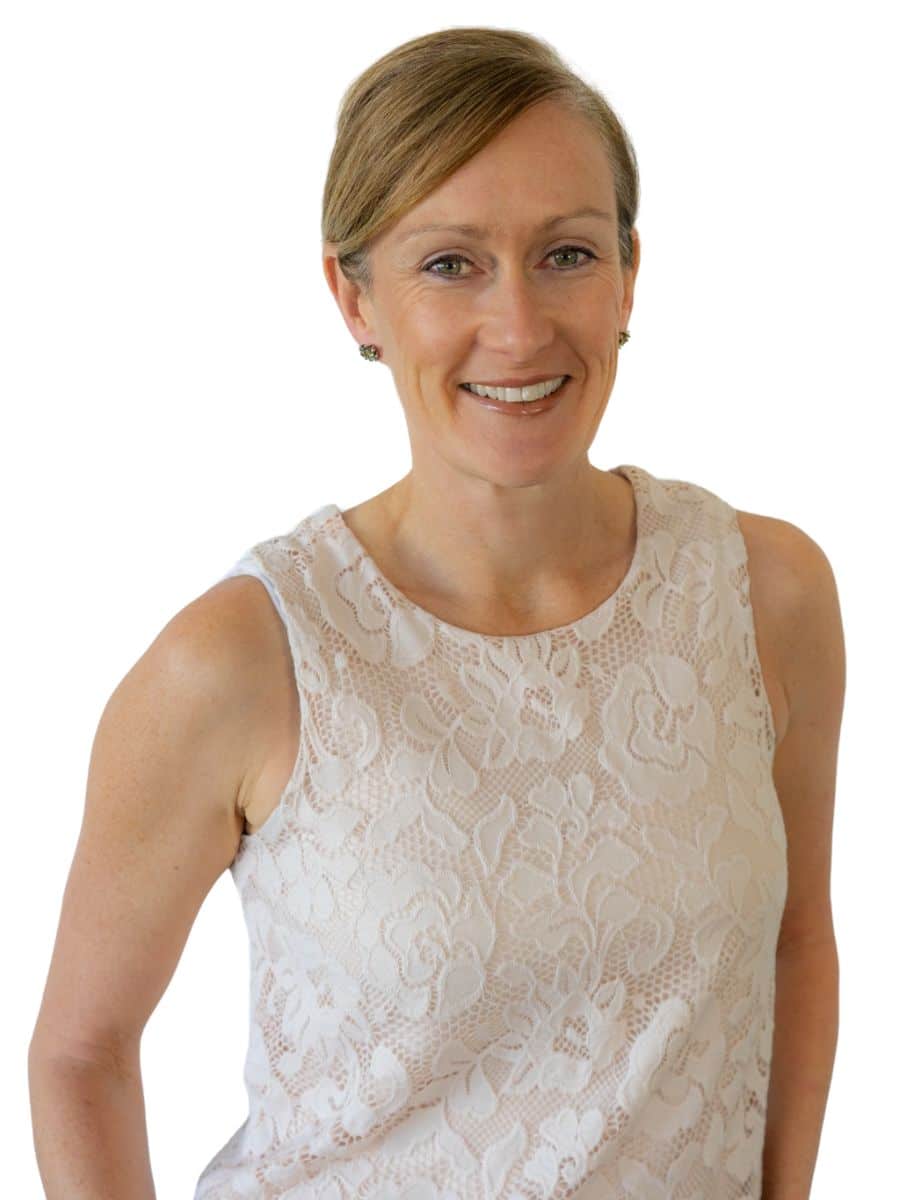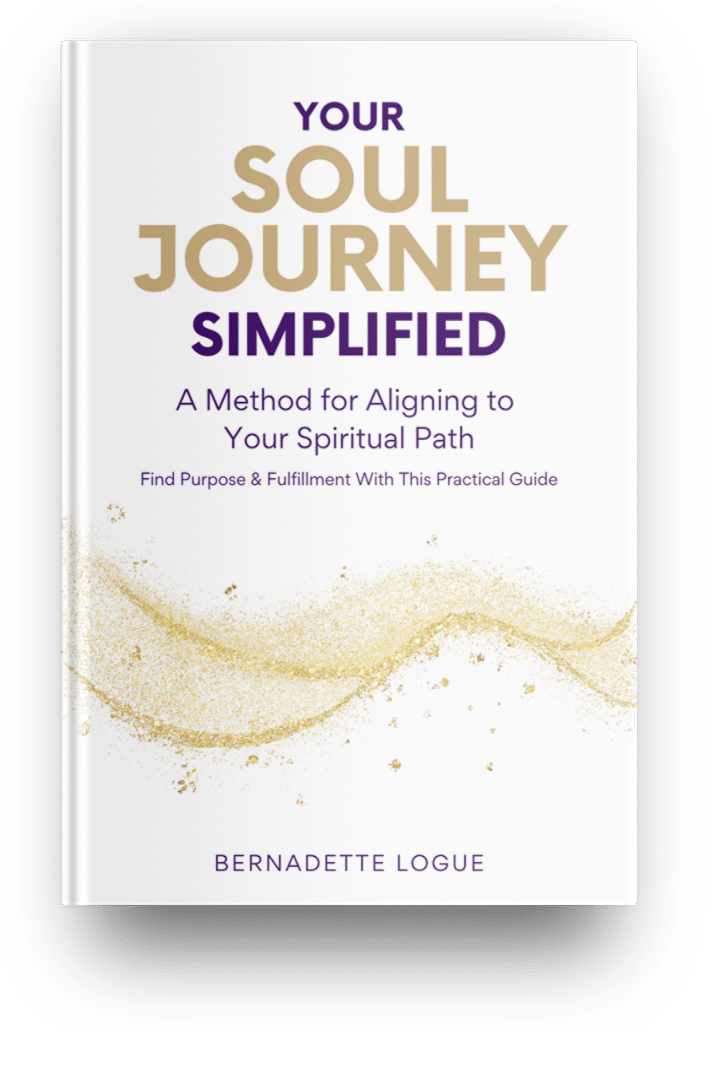One thing I've noticed about people who WANT to stop judging others, is that when they realize they're judging, they feel awful about it!
Beating yourself up about judging others just creates a whole other negative pattern for you to have to deal with.
In this Daily Inspiration video, I'm giving you 1 vital perspective as the foundation of how to stop judging others.
Plus, we'll run through a super simple process you can use to “reset” yourself if you do notice you've fallen into judgment.
Before we dive into this video on how to stop judging others, I just want to say…
You are an amazing human being that you are even here taking the time to care enough about yourself and others to WANT to stop judging in the first place.
If the world was filled with consciously aware and willing human beings like you, it would be a much more peaceful and balanced place.
All positive change starts with intent. You intend to stop judging others, and that is what counts the most! I respect that and I honor you.
Now, let's dive in! Grab a pen and paper so you can take notes if you wish…





20 Responses
Wow it is really helpful to me. Thank you for sharing such a wonderful positive words .
You’re very welcome Kesang. With warmest wishes, B
Do you have any advice for how to deal with another family member who is constantly judging others and expecting you to go along with it? I spend a lot of time with my elderly mother to care for her, and she loves to live in judgement of others. In public she will nudge me to point out others for different things, usually being very overweight. She is obvious about it and I find it embarrassing. Thank you, Janis
Hey Janis
This resource might be useful in some way… a guide to dealing with difficult family members.
https://www.bernadettelogue.com/dealing-with-difficult-family-members/
Much love!
Bernadette 🙂
Your message about judgement came to me at a perfect time to help me deal with hurtful feelings concerning my family. I am aware of my “judge-ness” in this area of my life. Thank you.
You’re very welcome, a pleasure to share with you Paula. Love, Bernadette
Thank you <3
You’re very welcome Kai! 🙂
These are truly invaluable resources! I love these practical videos…with real world techniques & helpful phrases for my self help toolbox! I’m so glad I found you on the internet.
My only question regarding judgement is don’t we sometimes HAVE to judge in certain situations in a way that sometimes points out how someone is showing up in an unacceptable way? I am a new English teacher to foreign students working alongside their usual teacher today who was overtalking her students, monopolizing the dialogue when the students are supposed to be speaking, crossing boundaries on topics (oversharing her own political & other opinions), failing to correct students and personalizing so that all dialogue came back to her!
I felt it was my duty to speak up once today ( and did so once to clarify a point about word usage that I felt needed more clarification) & she didn’t appear to appreciate it & continued her ways.
I judged her today, BIG time! Any advice or insight?
Hey Ruby, definitely and great question! Yes, there’s a difference between providing constructive criticism/feedback for the point of improving a situation where you have a responsibility to do so, versus standing on the sidelines negatively judging someone. All leaders, parents, teachers, employers, managers etc have a responsibility to guide people to positive ways of living, to higher performance, to healthy and optimal behavior etc. There is a “vibe” difference between being judgmental and providing constructive feedback. I hope that makes sense. I find that people will always react negatively when they get a message that comes from judgment or from negative criticism delivered in an unhelpful way. However, if helpful feedback is given in a positive way, even if direct and assertive where necessary, there is more chance the person will receive it and take it on board. It doesn’t mean they will like it! Some people (in fact many) find it extremely difficult to take any type of feedback and take it as a personal attack. Just observe if this happens and try not to get looped into that cycle with them. You can only do your best to provide helpful feedback and constructive points for helping everyone involved, and if the person reacts negatively and defends, it is more about their own way to processing this type of information. The key is to deliver it in a conscious, calm way, with empathy in order to get the best outcome possible.
Thank you. Very helpful
You’re welcome! B 🙂
What’s the difference between judging and not liking how someone is treating me or acting when they are with me? For example, children with inappropriate behavor.
Hi Helen, great question. It’s a fine line. One is observation and noticing facts. The other is layering our opinion on top. E.g that child is upset, or that child is behaving badly, or that person is saying rude things. These are factual observations in my view. But if we then go on to say “They shouldn’t be acting that way. They’re wrong for being that way. They should XYZ…” we are starting to judge them. I always love to remember “I am in no position to judge, as it’s a quick reminder we all have challenges, and often when someone is behaving poorly or acting out, it’s because of issue/s they have, which rather than asking for judgment, require help, compassion, patience, tolerance, boundaries, clear communication or other types of conscious responses. I hope this in some way helps. Love, B
Thank you for this “How to Stop Judging” video… very practical and perfect timing as usual 🙂
You are absolutely right – i fall in my own eyes, when i find myself judging others;
It is so counter-productive, even for the very ego that triggered the judging in the first place.
It is particularly embarrassing when i find myself judging someone behind their back to somebody else…
i feel terrible – but how to stop mid-sentence??
I just do a retake on it, by saying something nice about them, to counterbalance my negative comments.
But by then, I have already polluted the Universe with my bad vibe and also infected the other soul!
Do you have any tips for these specific scenarios:
1. What to do when i find myself judging someone to somebody else, when i am in the middle of it?
2. I usually judge people who i feel are constantly judging me, despite my honest efforts to be authentic, while being fair to myself… it’s like my “retaliation” mechanism. This i find is particularly hard.
Hi Sue
Thanks and yes I hear you. I love to use Ho’oponopono (Hawaiian healing/reconciliation prayer) prayer anytime I notice I’m judging (I’m sorry, Please forgive me, Thank you, I love you). If you’re not familiar with it, you can check out Zero Limits by Dr Hew Len & Joe Vitale.
If you find yourself mid sentence judging, just take a breath, pause, and say “Perhaps there’s another way of seeing this person/situation”. Do that in the conversation with whoever you’re with. What a powerful pause and redirection, healing to yourself and inspiring to others!
Here’s a video on how to deal with being judged by others…
https://www.bernadettelogue.com/being-judged/
Love
B
Thank you for your advice! Appreciated!! 👍👍❤️❤️
You’re very welcome Annalise
Bx
What do you feel like is the difference between judging someone and having an opinion?
For instance, a certain behavior someone is displaying to me I voice I do not agree with the actions they are doing. However, they tell me I am judging them and try to make me feel bad for “judging” them.
I have never said they are a bad person for the behavior I just simply say this is not behavior I condone and choose not to be a part of.
Hi Raquel, great question, it’s a bit nuanced isn’t it when it comes to another person’s behavior and our choice to not accept that behavior.
First, naming the facts of a behavior is not a judgment. It is a fact (so long as we’re not loading it up with opinion).
Next, setting a boundary and saying I will not accept XYZ behavior, is not a judgment, it’s a boundary and it’s your free will choice and agency to choose what you allow into your space/life and what you don’t.
I guess we can say all “opinion” is passing judgment, as we take a position on what we see/hear/think/feel and then share that with others if we choose to. We all see things differently, and so it means we’re all seeing/perceiving/assessing or “judging” things differently.
It’s when we add layers on top of facts, that it gets more challenging.
e.g I can’t condone your behavior and my boundary is I choose not to spend time with you – this is not a judgment, it’s naming what is going on for you.
However, “You’re wrong and bad and shouldn’t be xyz” is a judgment. Vs a non judgmental way of saying it would be “You have done XYZ, you have said XYZ, and the way I feel about that is ___ (name your feelings)” which is naming facts about them and naming facts about your feelings for which you are responsible.
It’s a very fine line, so it does call for calm self awareness and reflection when navigating this with a person who may be feeling judged.
Another way to approach it is “I accept that you are saying/doing XYZ, and I accept what you are sharing is your intention/view and the way I feel is ______ and I choose ______” This removes passing opinion, and places acceptance of facts (not liking it, just accepting it is what it is, they are who they are) and then naming your own feelings/choices (see you can name/own your experience without saying “You made me feel….” or “Because of you I….”
None of this is right/wrong, it’s just learning how to navigate the nuances of our humanity and sensitivities in others and in ourselves, so we can own our space, needs, wants, feelings, have boundaries, and do so while noticing/accepting the ways of others (note: accept is non judgement, but it doesn’t not mean staying around a person or accepting the behavior, it means accepting the person is who they are in that moment and then choosing what you choose for yourself as a result in response).
Also, in some cases, it doesn’t matter what you do and say or don’t do and say, the other person may feel judged and it has nothing to do with you, if they are walking through life with a paradigm of beliefs that say “I’m judged” or “I’m not good enough” or “Relationships are difficult” or “No one understands me” or “I don’t belong” or they have a chosen perspective they are allowed to do anything to anyone and that’s their right, then any words/actions of another can be perceived as “judgment” and result in push back. It’s the coming together of 2 human beings with very different world views and triggers, and ways of communicating, which often leads to misinterpretation.
I hope these ideas are useful. With love, B